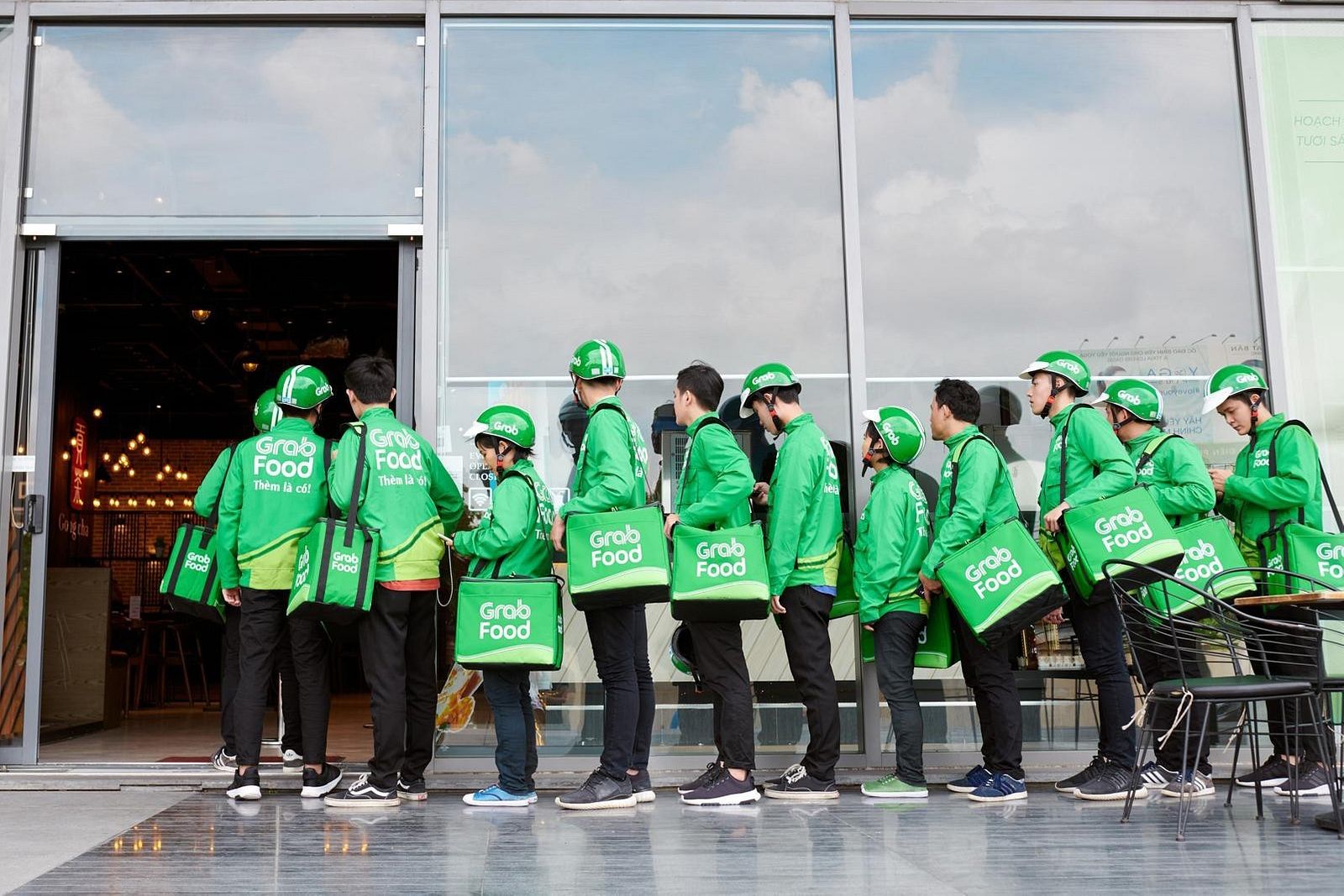There’s no doubt that Google is the global leader in search engines, owning a 67.5% global market share. But if the tech behemoth has one 'chink in the armor', it’s the inability to effectively handle non-English language searches. Russian national, Victor Lavrenko, identified this weakness and saw an opportunity to pick up the slack where Google would/could not. Enter startup CocCoc which plans to invest $100 million in the next 10 years to master the art of search in Vietnam.
According to Techinasia Editor, Anh-Minh Do, searching with CocCoc provides Vietnamese users with more targeted and relevant results. Do was able to get some insights into how CocCoc’s technology works from CEO, Victor Lavrenko:
"Well, it’s easy to explain the specifics using our name as an example. You may notice that it has a space within the word Ed: Though not when we type it! because Vietnamese words are written by syllables. They used Chinese characters before, and the principle is one Chinese character for one syllable. So usually words consist of two or more syllables. Even if a word is a one-syllable term, there is a so called “pairness tendency” in Vietnamese language – they will add a stop word or the syllable with the same meaning just to avoid telling the single syllable.
Another specific is diacritics. There are two dimensions of diacritics in Vietnamese. The first dimension – is a pronunciation type – e.g. “o” can be just “o” or ”ô” or ”ơ”. The second dimension is tones. It can be “o” or ”ó” or ”ỏ” or ”ò” or ”õ” or ”ọ”. So altogether we have 18 combinations for all the Vietnamese vowels."
CocCoc has competition other than Google in the form of Wada, a Vietnamese-language search engine that launched last year. Also financed by Russian investors, Wada seems to focus on search categories rather than individual terms.
While it remains to be seen if there’s space for two challengers to Google’s throne, if even one of them gains significant market share, it would be an enormous win for local search companies.














